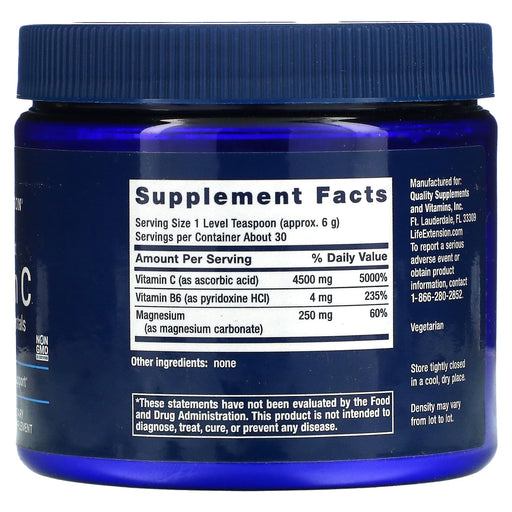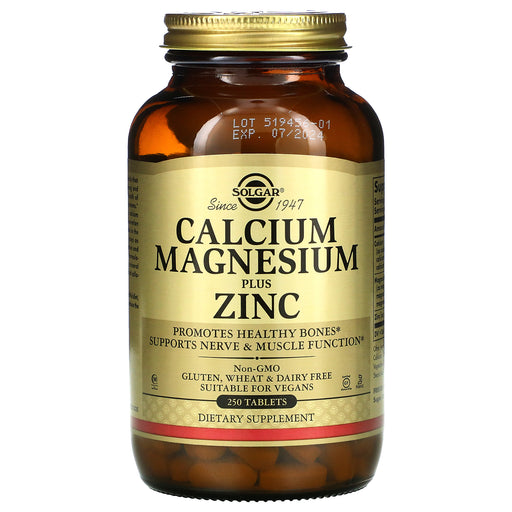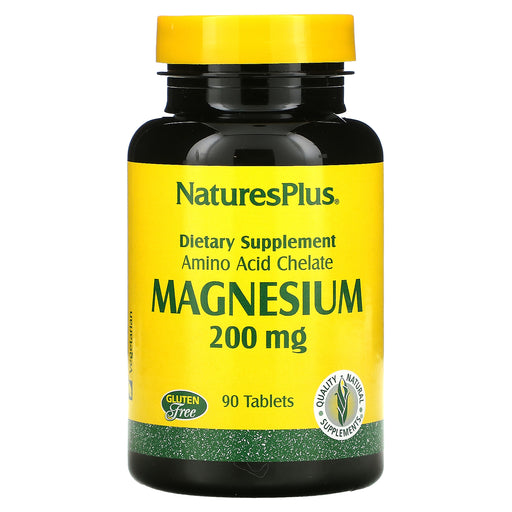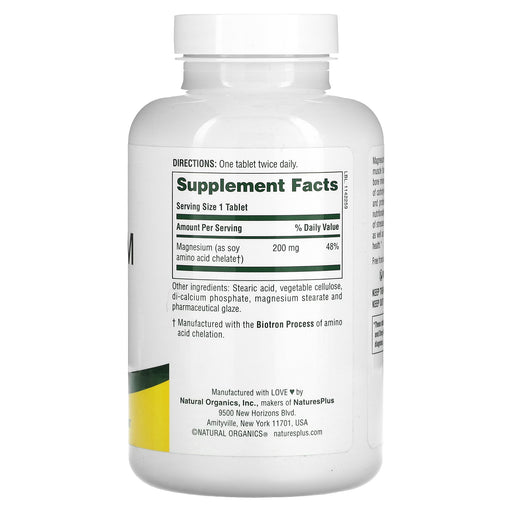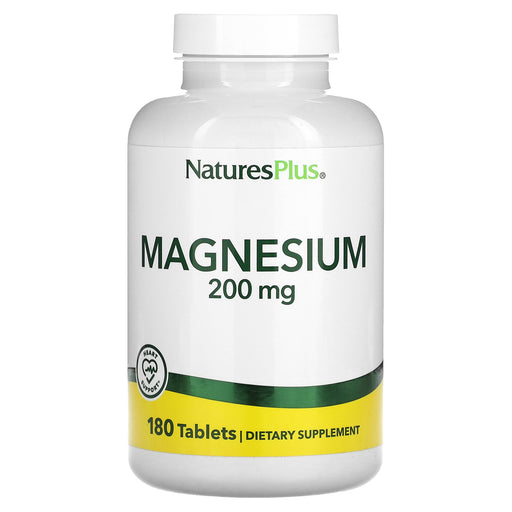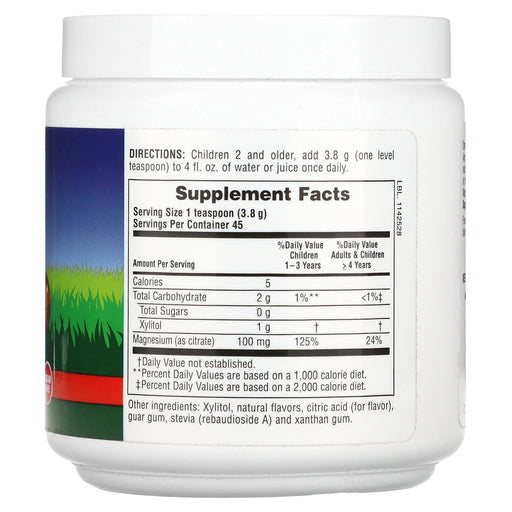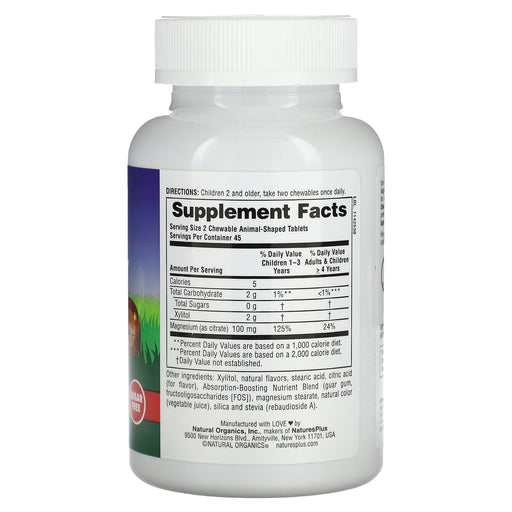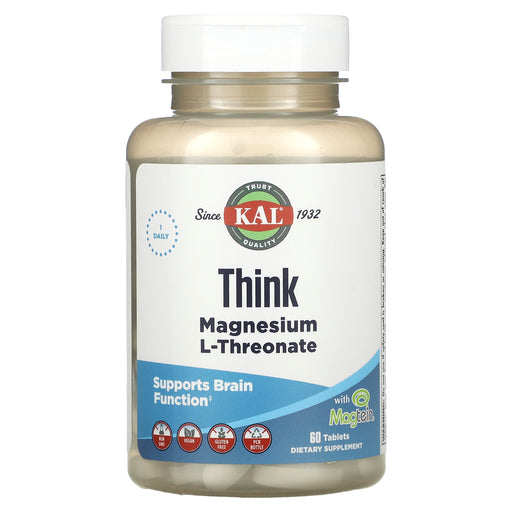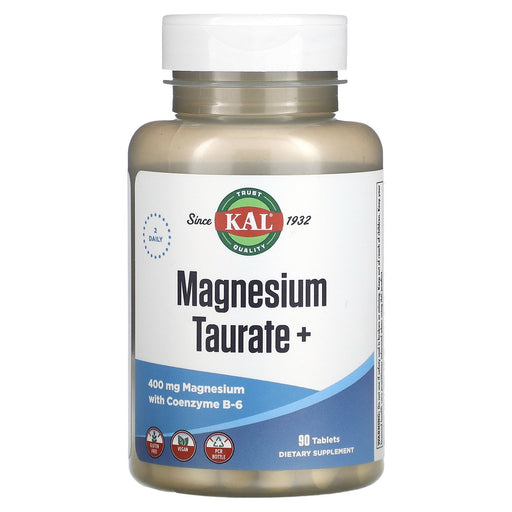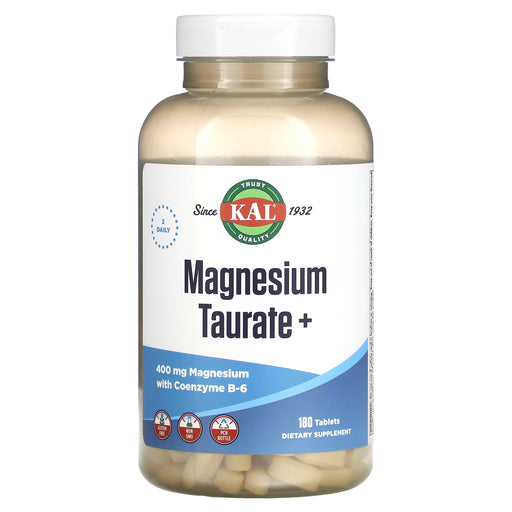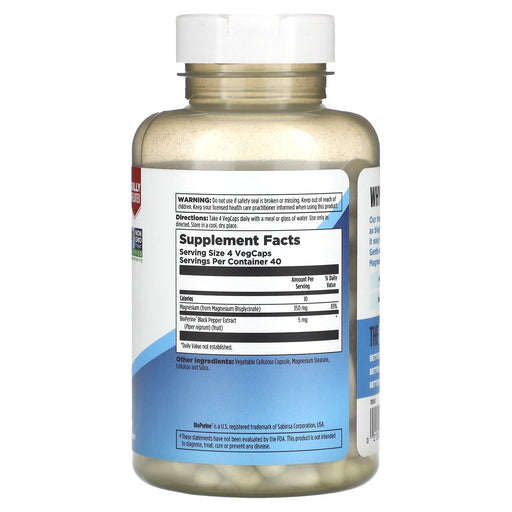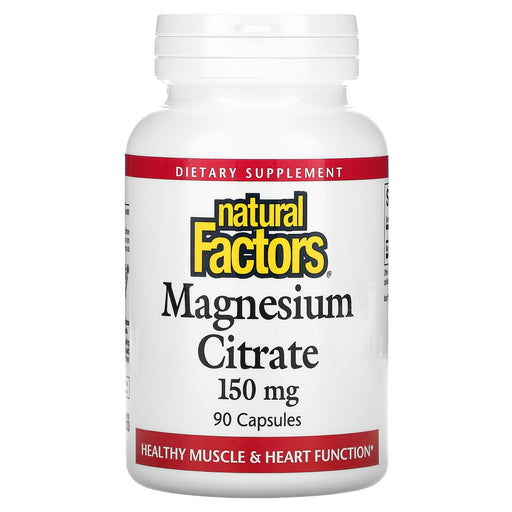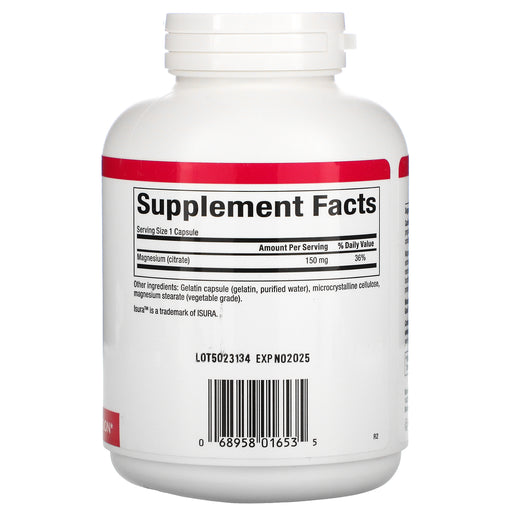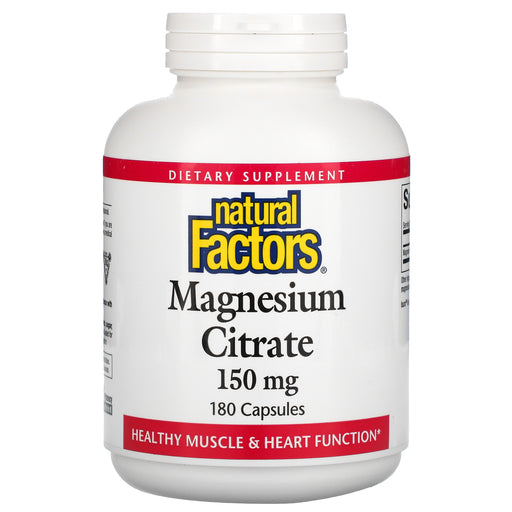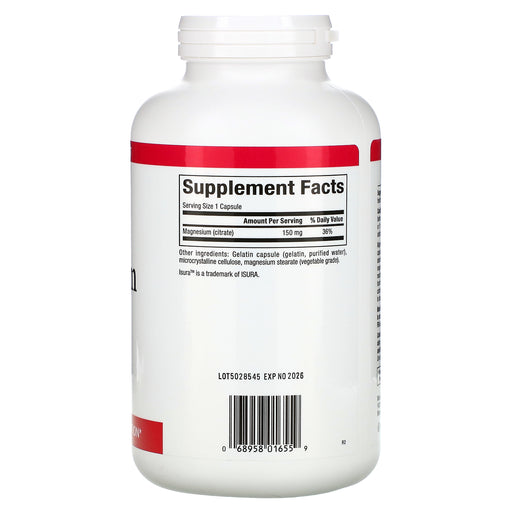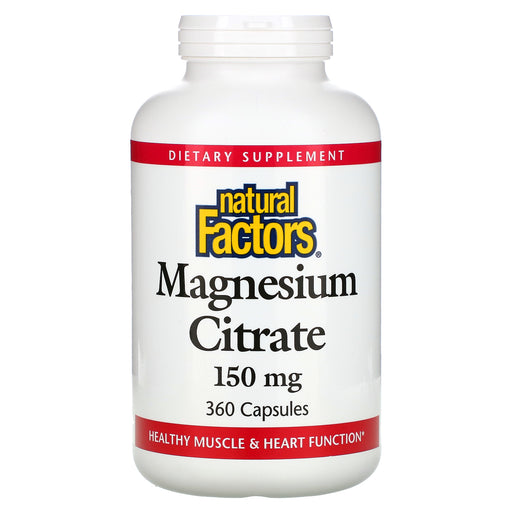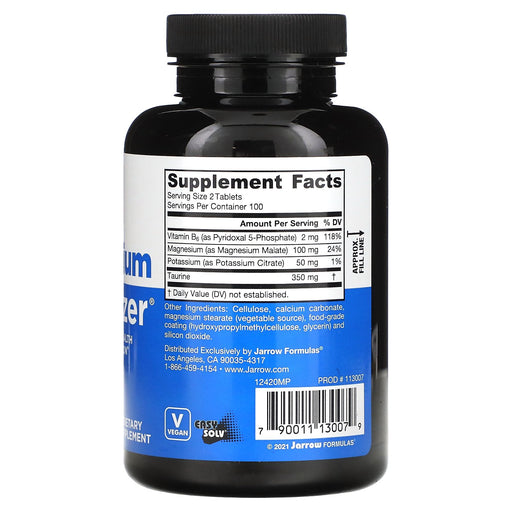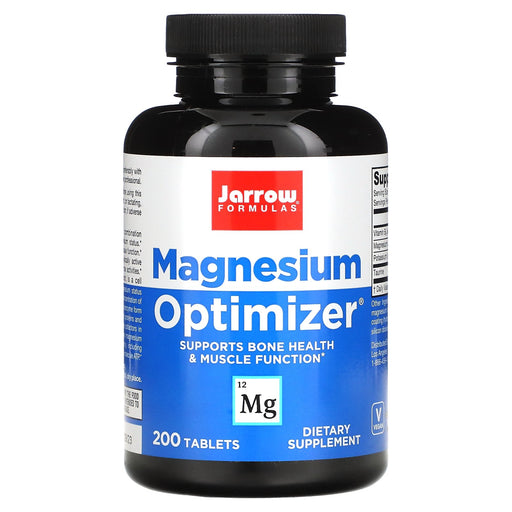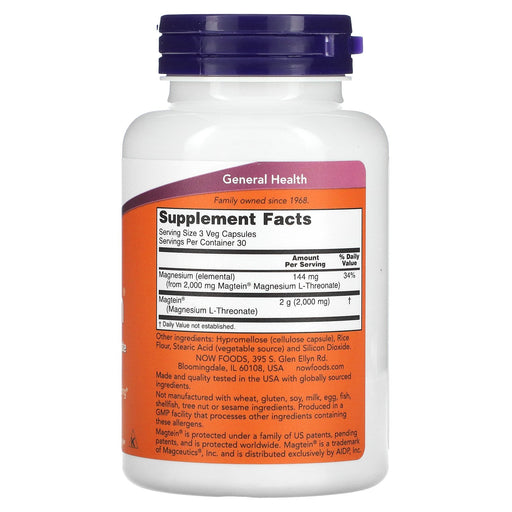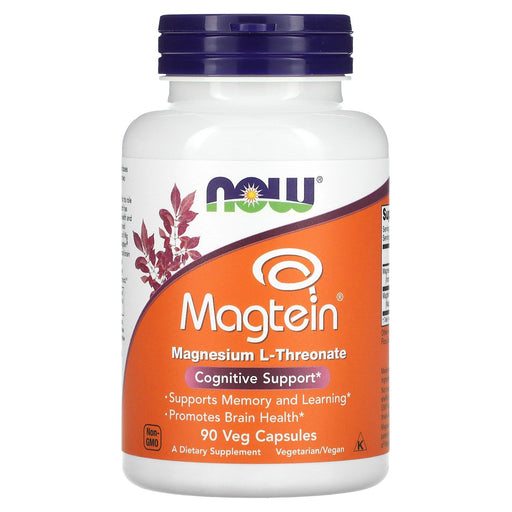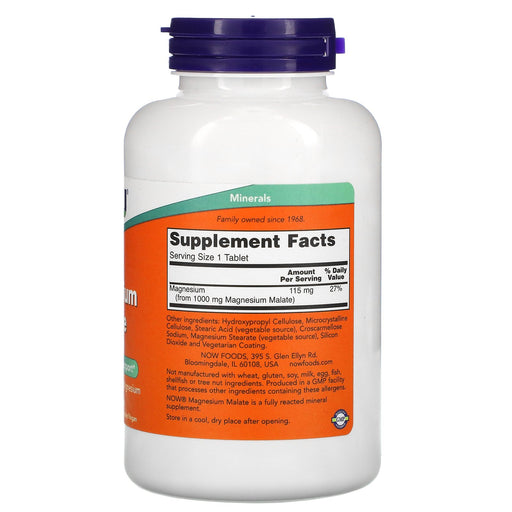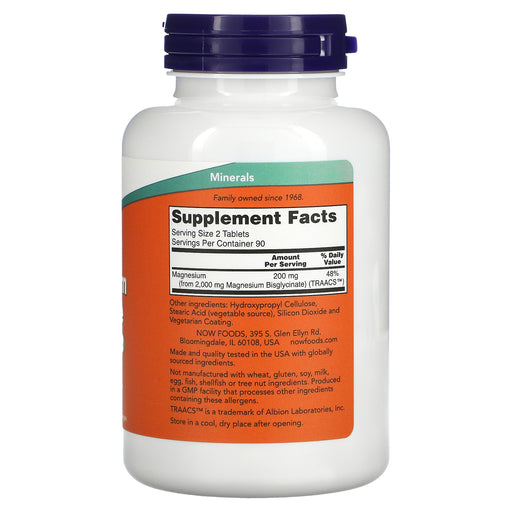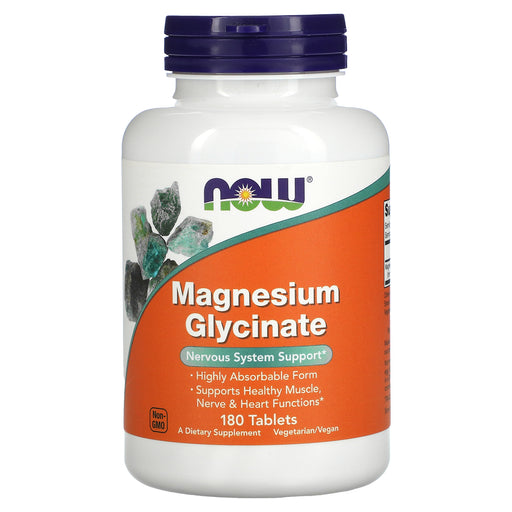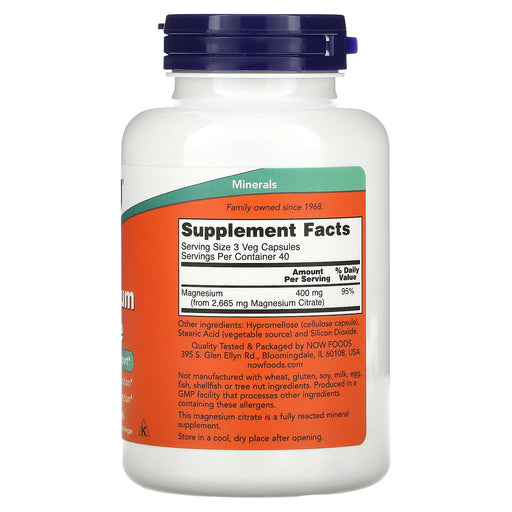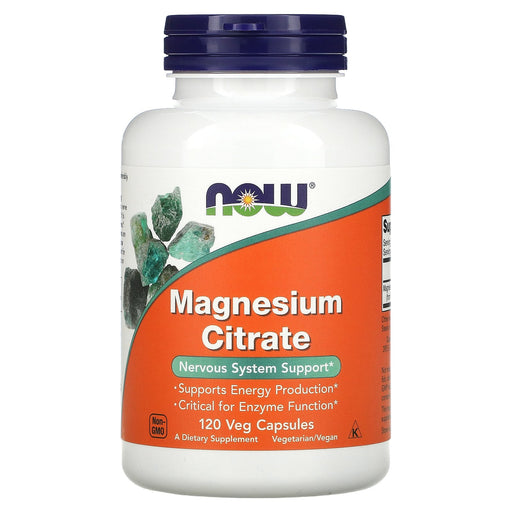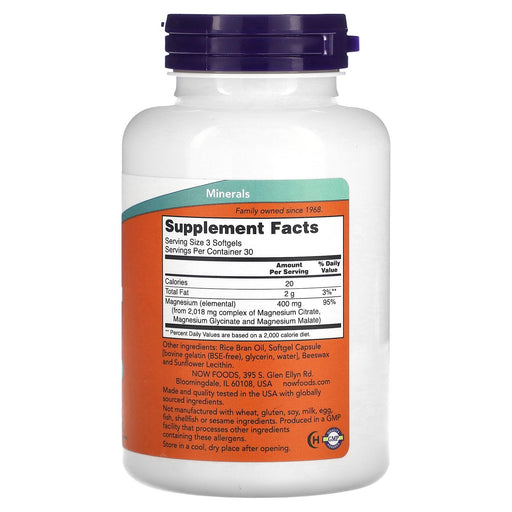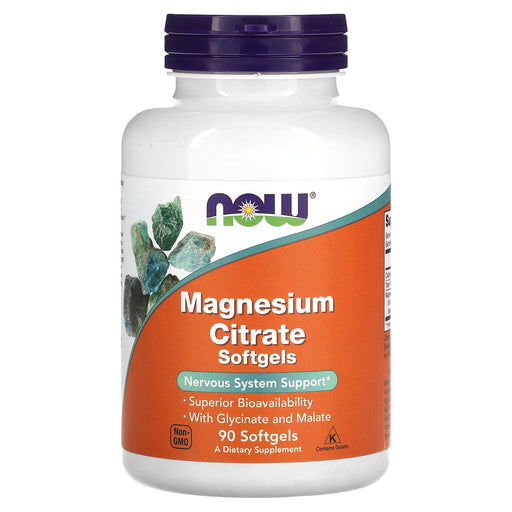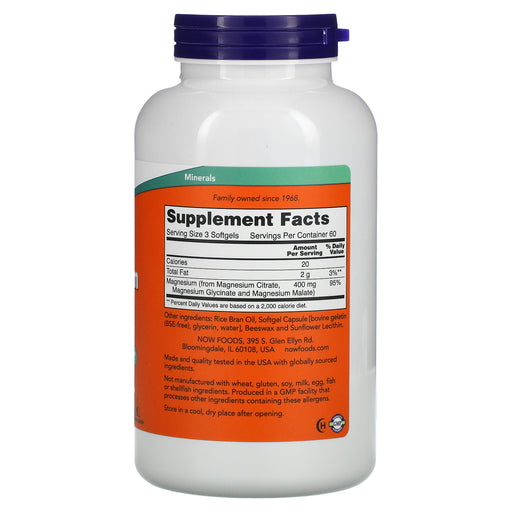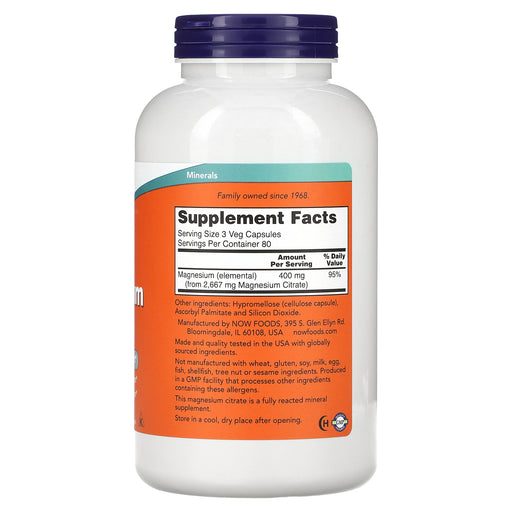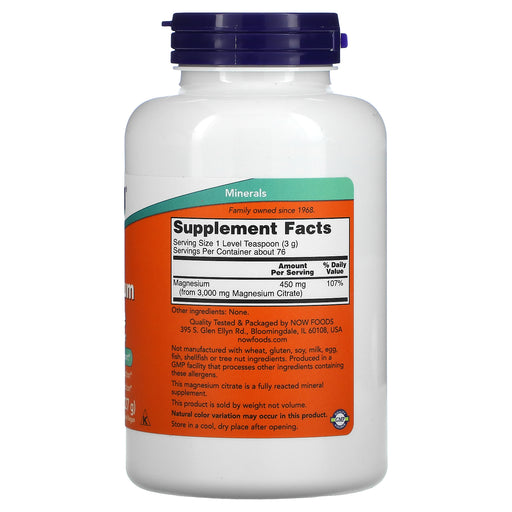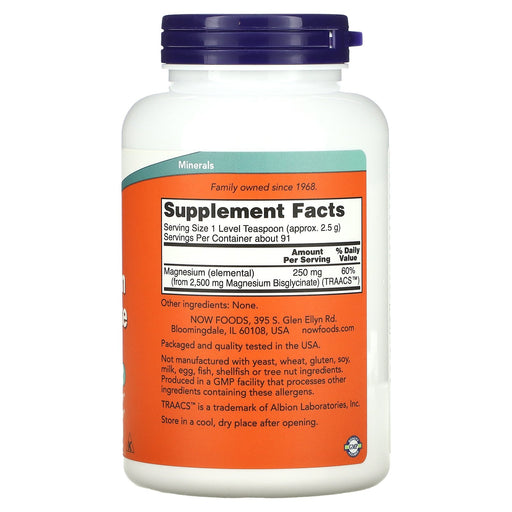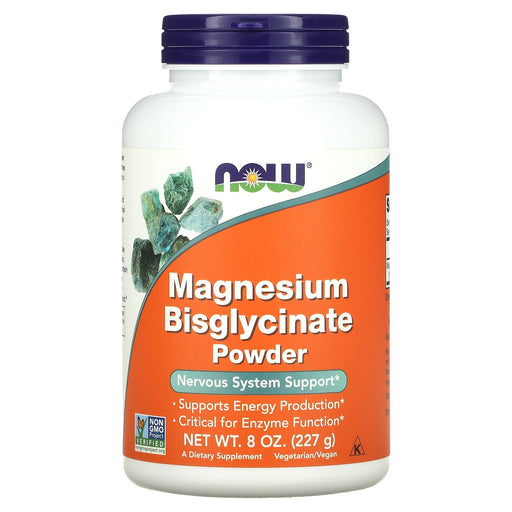
Unleash Your Body's Potential with Magnesium: The Essential Mineral for Optimal Health and Well-Being
Magnesium is a vital mineral that plays a crucial role in over 300 enzymatic reactions in the body, supporting everything from energy production and muscle function to bone health and mental well-being. Despite its importance, many people fail to consume adequate amounts of magnesium through diet alone, making supplementation an essential component of a comprehensive wellness routine. By incorporating magnesium supplements into your daily regimen, you can support your body's natural functions, promote relaxation, and unleash your full potential for optimal health and vitality.
The Multifaceted Roles of Magnesium in the Body
Magnesium's extensive benefits can be attributed to its involvement in numerous physiological processes, impacting virtually every system in the body. Some of the key functions of magnesium include:
- Energy Production: Magnesium is essential for the production of ATP (adenosine triphosphate), the primary energy currency of the cell, playing a crucial role in energy metabolism and cellular function.
- Muscle and Nerve Function: Magnesium helps regulate muscle contraction and relaxation, supporting healthy muscle function and preventing cramps and spasms. It also plays a role in nerve impulse transmission, promoting proper communication between the brain and the body.
- Bone Health: Magnesium is a key component of bone mineral density, working synergistically with calcium and vitamin D to support strong, healthy bones and reduce the risk of osteoporosis.
- Stress Management and Relaxation: Magnesium helps regulate the body's stress response by modulating the activity of the hypothalamic-pituitary-adrenal (HPA) axis, promoting a sense of calm and relaxation.
- Cardiovascular Health: Magnesium supports healthy blood pressure levels, promotes proper heart rhythm, and helps maintain the elasticity of blood vessels, contributing to overall cardiovascular health and function.
The Benefits of Magnesium Supplementation
Ensuring an optimal intake of magnesium through supplementation can offer a wide range of potential health benefits, supporting various aspects of physical and mental well-being. Some of the key benefits of magnesium supplementation include:
- Improved Sleep Quality: Magnesium helps promote relaxation and supports the production of neurotransmitters involved in sleep regulation, such as GABA and melatonin, leading to more restful and restorative sleep.
- Stress Reduction: By modulating the body's stress response and promoting a sense of calm, magnesium supplementation can help reduce the negative impacts of stress on both physical and mental health.
- Enhanced Exercise Performance: Magnesium plays a crucial role in energy production, muscle function, and electrolyte balance, supporting optimal exercise performance, endurance, and recovery.
- Mood Support: Magnesium has been shown to support healthy brain function and neurotransmitter balance, promoting a positive mood and reducing the risk of mood imbalances.
- Digestive Health: Magnesium helps regulate muscle contractions in the digestive tract, promoting healthy bowel movements and reducing the risk of occasional constipation.
Choosing the Right Magnesium Supplement
When selecting a magnesium supplement, it's essential to choose a high-quality product that offers optimal absorption and bioavailability. Some key factors to consider include:
- Form of Magnesium: Look for highly bioavailable forms of magnesium, such as magnesium glycinate, magnesium citrate, or magnesium malate, which are well-tolerated and efficiently absorbed by the body.
- Dosage and Purity: Choose supplements that provide a clinically effective dose of magnesium, typically ranging from 200-400mg per day, and are manufactured in GMP-certified facilities to ensure purity and potency.
- Absence of Fillers and Allergens: Opt for supplements that are free from unnecessary additives, fillers, and common allergens, such as gluten, soy, and dairy.
- Reputable Brand: Select supplements from trusted brands with a track record of producing high-quality, science-backed products that prioritize safety, efficacy, and transparency.
As with any new supplement regimen, it's essential to consult with a healthcare professional before starting magnesium supplementation, especially if you have a pre-existing health condition or are taking medications.
Related Vitamins and Supplements
While magnesium is a powerful mineral on its own, certain vitamins and supplements can complement its benefits and support overall health and well-being. Some relevant options to consider alongside magnesium include:
- Calcium and Vitamin D: These essential nutrients work synergistically with magnesium to support bone health, muscle function, and overall structural integrity.
- B-Complex Vitamins: These water-soluble vitamins support energy production, nerve function, and stress management, working in harmony with magnesium to promote optimal health and vitality.
- Omega-3 Fatty Acids: These anti-inflammatory fats support cardiovascular health, brain function, and joint health, complementing the multifaceted benefits of magnesium supplementation.
- Probiotics: These beneficial bacteria support digestive health, immune function, and overall well-being, enhancing the gut-supportive effects of magnesium.
Experience the Transformative Power of Optimal Magnesium Intake
At Health Orchard, we are dedicated to providing our customers with the highest quality magnesium supplements to support optimal health, vitality, and overall well-being. Our carefully curated selection features magnesium products from trusted brands, formulated with highly bioavailable forms of this essential mineral for maximum efficacy and safety.
Whether you're looking for supplement to improve sleep quality, reduce stress, enhance exercise performance, support mood balance, or simply promote optimal health and function, our magnesium supplement collection has the perfect product to meet your unique needs and goals.
Witness the multifaceted benefits of magnesium and experience the difference that optimal mineral intake can make in your journey towards vibrant health and well-being. Browse our selection today and take the first step towards unleashing your body's full potential with this essential, life-sustaining nutrient.
Frequently Asked Questions about Magnesium
1. Is it okay to take magnesium every day?
Yes, it is generally safe to take magnesium supplements daily, as long as you consume them in recommended doses. Magnesium is an essential mineral that plays a crucial role in numerous bodily functions, and many people may not get enough from diet alone. However, it is important to:
- Follow the recommended daily allowance (RDA) for your age and gender
- Choose a high-quality supplement from a reputable brand
- Consider the absorption rate of different magnesium forms, such as magnesium glycinate or citrate
- Be aware of potential side effects, such as digestive issues, and adjust your dose accordingly
- Consult with a healthcare professional, especially if you have pre-existing health conditions or are taking medications
Some people may benefit from divided doses throughout the day to maximize absorption and minimize digestive discomfort.
2. What is the best form of magnesium to take?
The best form of magnesium depends on individual needs and preferences, as well as the desired health benefits. Some of the most popular and well-absorbed forms include:
- Magnesium glycinate: Gentle on the digestive system and less likely to cause laxative effects
- Magnesium citrate: Highly absorbable and may support digestive regularity
- Magnesium malate: Easily absorbed and may help with energy production and muscle function
- Magnesium taurate: May support heart health and blood sugar regulation
- Magnesium L-threonate: May have cognitive benefits and support brain health
Other forms, such as magnesium oxide or sulfate, are less well-absorbed but may be useful for specific purposes, like laxative effects. Consulting with a healthcare professional can help determine the most appropriate form for your needs.
3. What is magnesium good for?
Magnesium is an essential mineral that plays a vital role in numerous bodily functions, making it beneficial for various aspects of health. Some key areas where magnesium supplements may be helpful include:
- Nervous system function and stress management
- Muscle and nerve function, including heart rhythm
- Energy production and metabolism
- Bone health and calcium absorption
- Blood sugar regulation and insulin sensitivity
- Migraine prevention and headache relief
- Digestive regularity and constipation relief
- Sleep quality and relaxation
- Premenstrual syndrome (PMS) and menstrual cramp relief
- Cardiovascular health and blood pressure regulation
The wide-ranging benefits of magnesium make it a popular supplement for overall health and well-being.
4. Who should not take magnesium?
While magnesium supplements are generally safe, some people should avoid them or consult with a healthcare professional before use:
- Individuals with severe kidney disease or impaired kidney function
- People taking certain medications, such as antibiotics, bisphosphonates, or diuretics, which may interact with magnesium
- Those with a history of intestinal disorders or surgeries that may affect magnesium absorption
- Individuals with certain rare genetic disorders that affect magnesium metabolism
Additionally, some people may be more sensitive to magnesium supplements and experience digestive side effects, even at low doses. It is essential to start with a lower dose and gradually increase as tolerated. If you have any pre-existing health conditions or concerns, always consult with a healthcare professional before starting magnesium supplementation.
5. What vitamins should I avoid when taking magnesium?
Generally, there are no specific vitamins that you need to avoid when taking magnesium supplements. In fact, magnesium is often combined with other vitamins and minerals in multivitamin formulas for synergistic benefits. However, it is essential to be aware of the following:
- High doses of zinc (above 142 mg/day) may interfere with magnesium absorption
- Vitamin D helps improve magnesium absorption, so combining them may be beneficial
- Taking large doses of magnesium with other mineral supplements, like calcium or iron, may affect absorption and cause digestive discomfort
- Some forms of magnesium, such as magnesium oxide, may interfere with the absorption of medications and other supplements
To minimize any potential interactions or absorption issues, consider taking magnesium supplements at a different time than other vitamins or medications, or consult with a healthcare professional for personalized guidance.
6. Why don't doctors recommend magnesium?
Doctors may not routinely recommend magnesium supplements for several reasons:
- Insufficient awareness of magnesium deficiency prevalence and its potential health implications
- Limited education on nutrition and supplementation in medical training
- Focus on treating symptoms rather than addressing underlying nutritional deficiencies
- Concern about potential interactions with medications or other health conditions
- Lack of familiarity with the various forms and benefits of magnesium supplements
- Preference for recommending lifestyle and dietary changes before suggesting supplements
However, many healthcare professionals do recognize the importance of magnesium and may recommend supplements for specific conditions or when deficiencies are suspected. It is essential for individuals to advocate for their health and discuss their nutritional needs and concerns with their healthcare providers.
7. What is the most common side effect of magnesium?
The most common side effect of magnesium supplements is digestive discomfort, particularly when taken in high doses or in less absorbable forms. Specific symptoms may include:
- Diarrhea or loose stools
- Stomach cramps or bloating
- Nausea or vomiting
- Gas or flatulence


